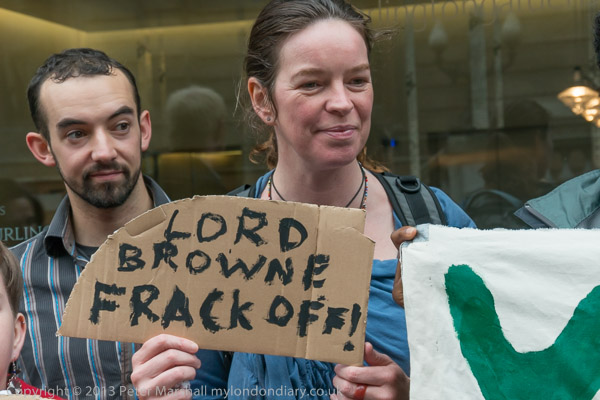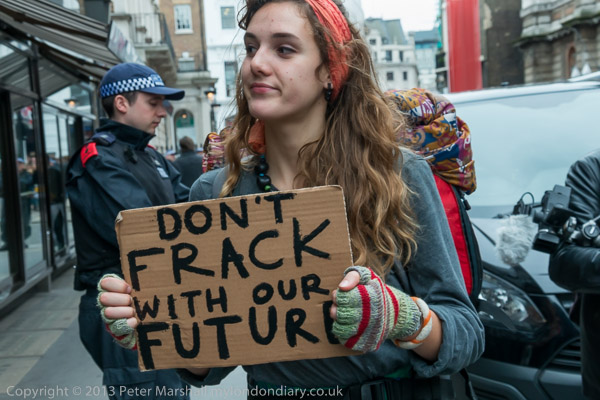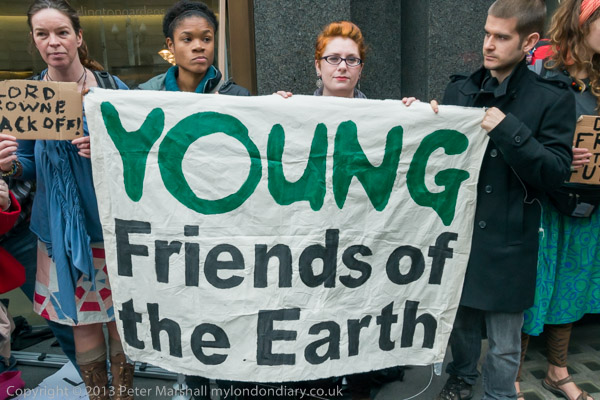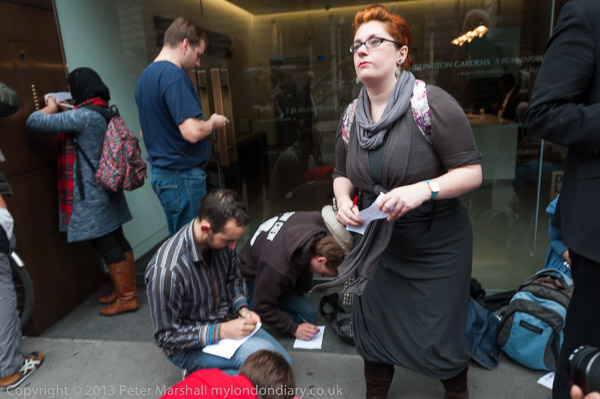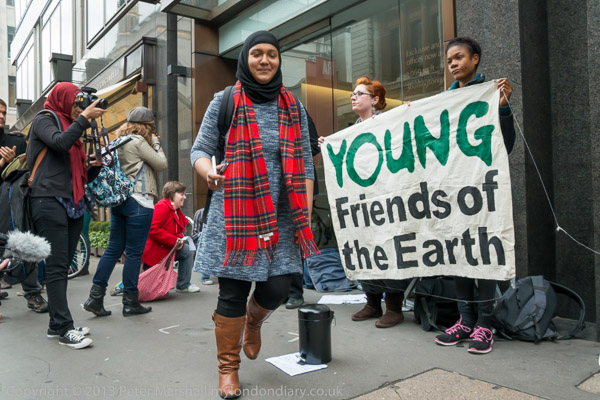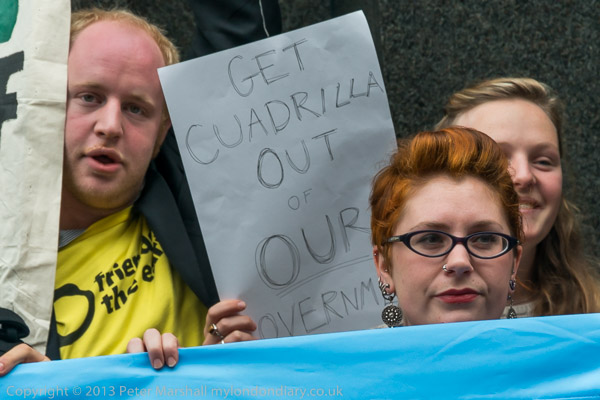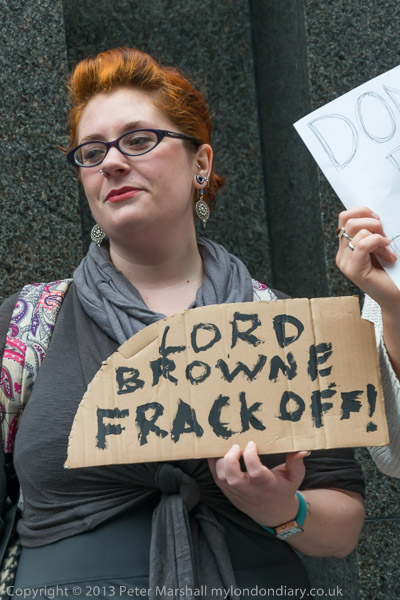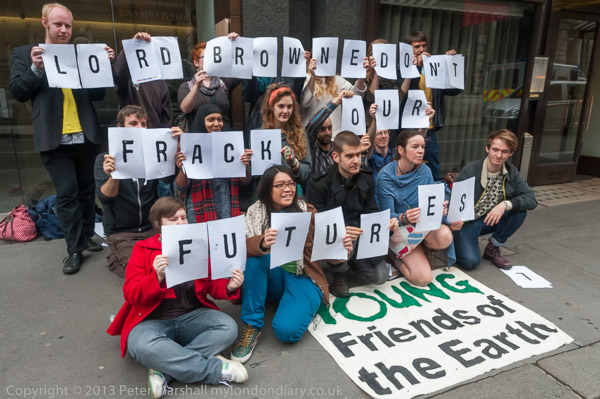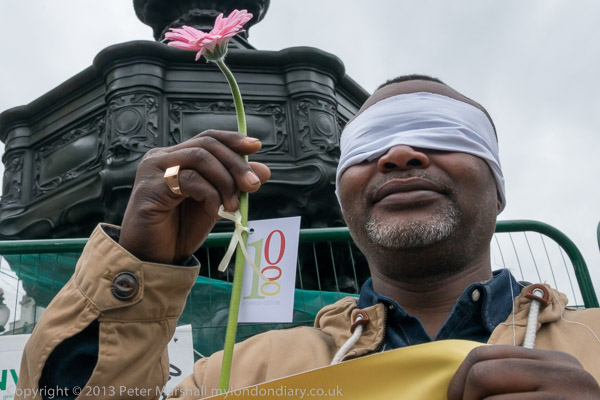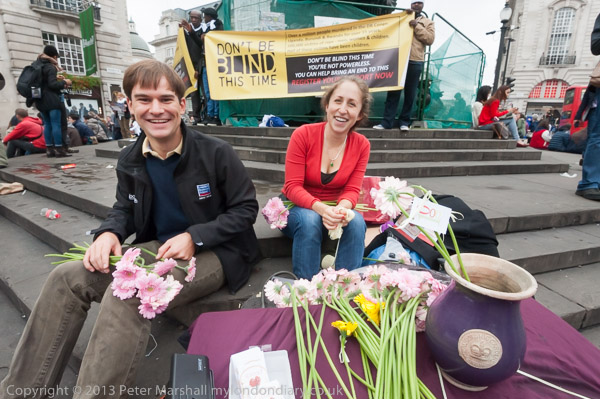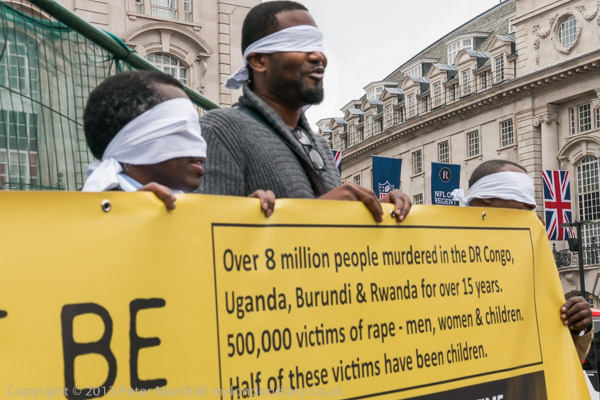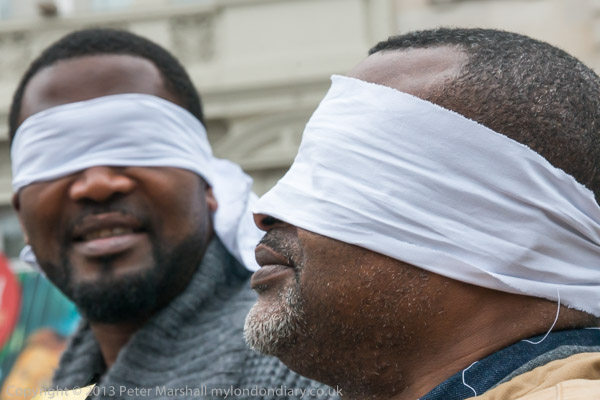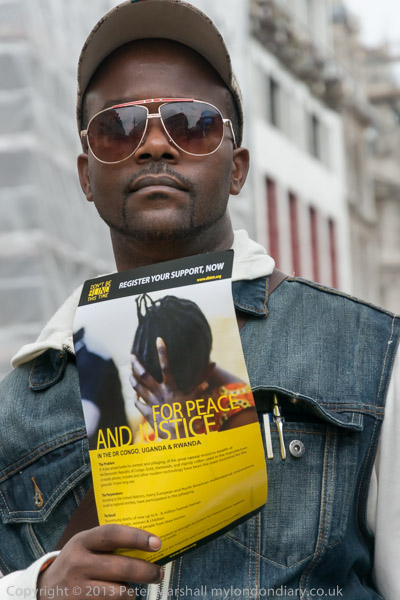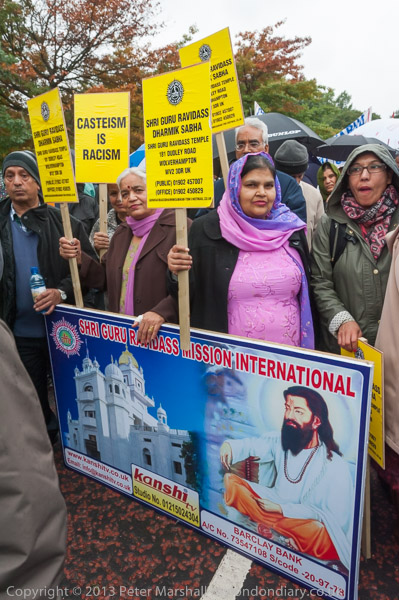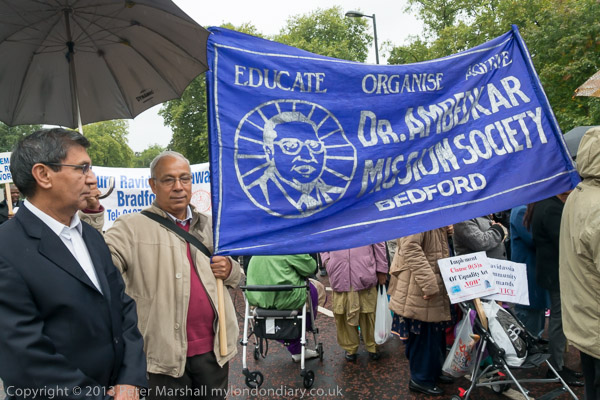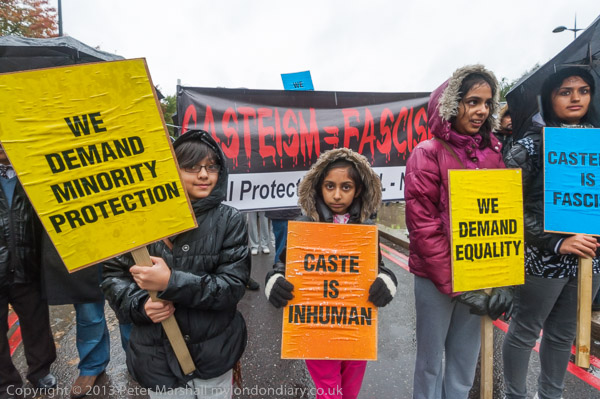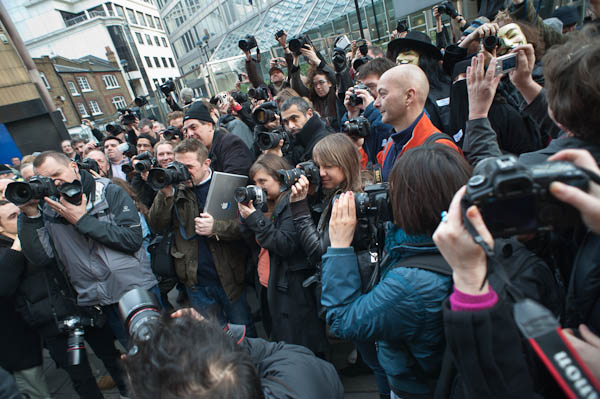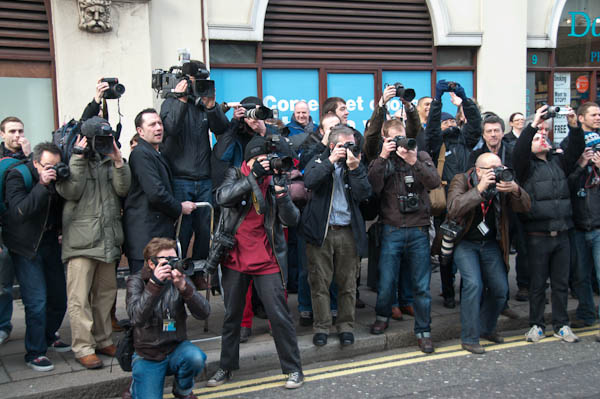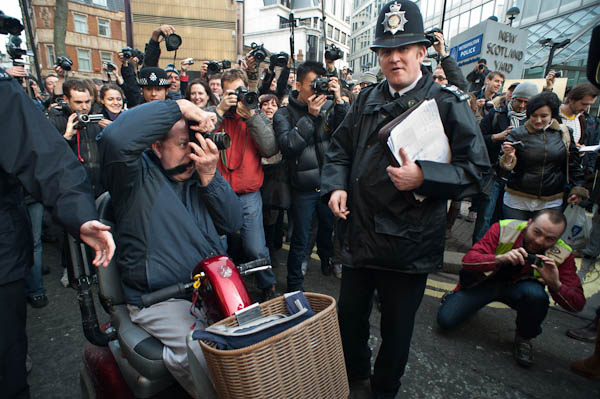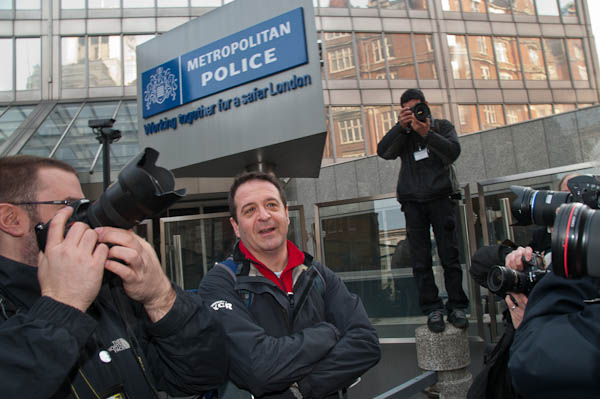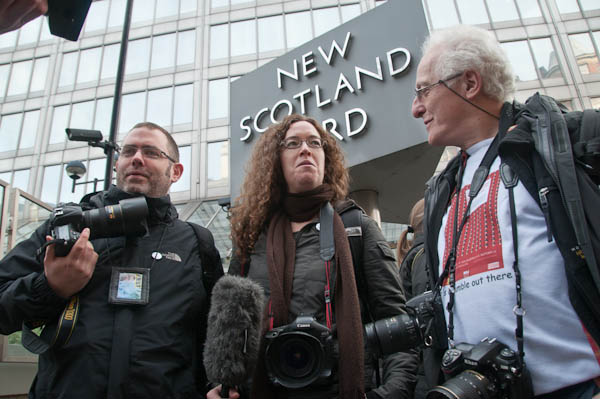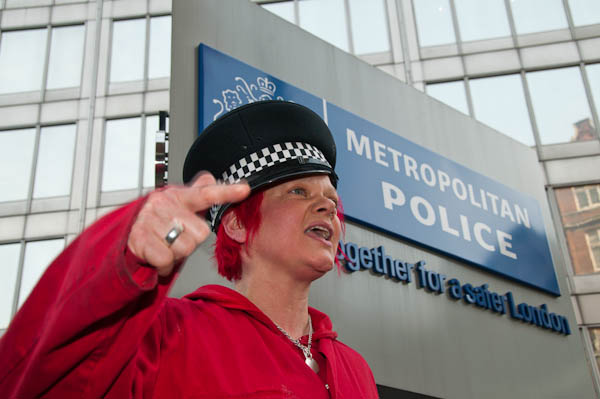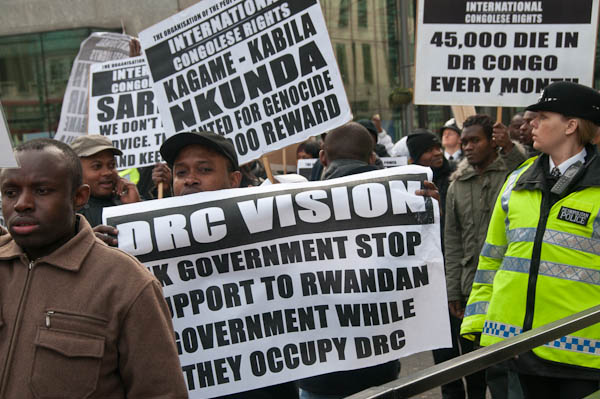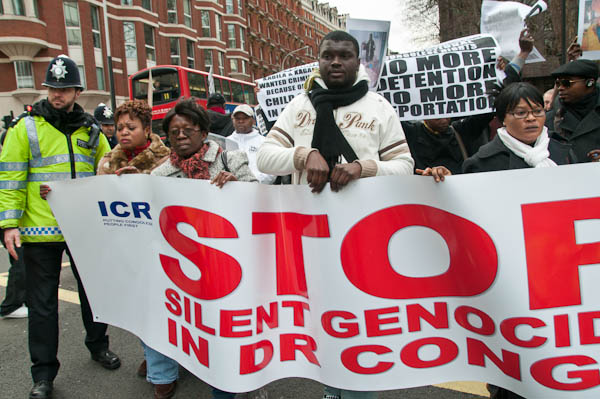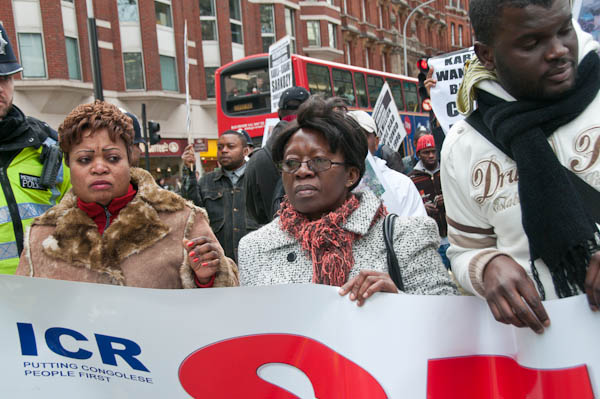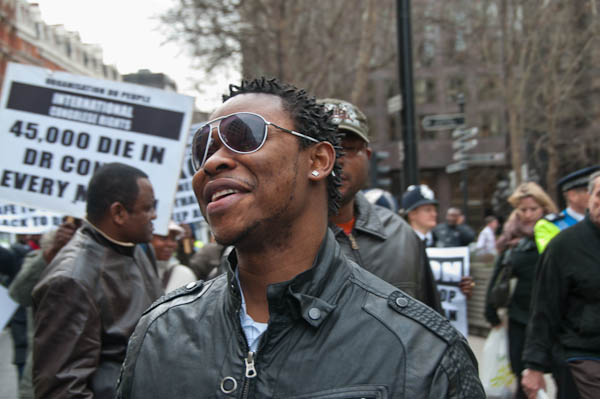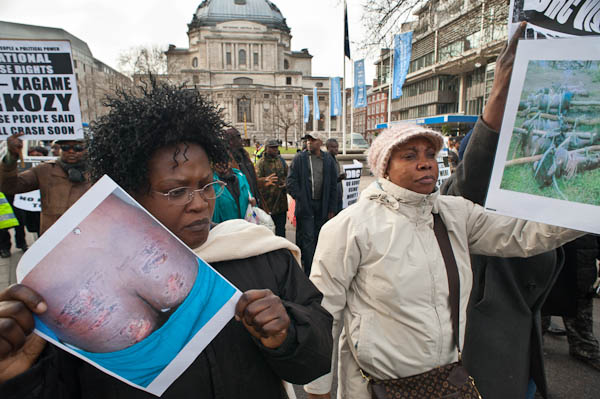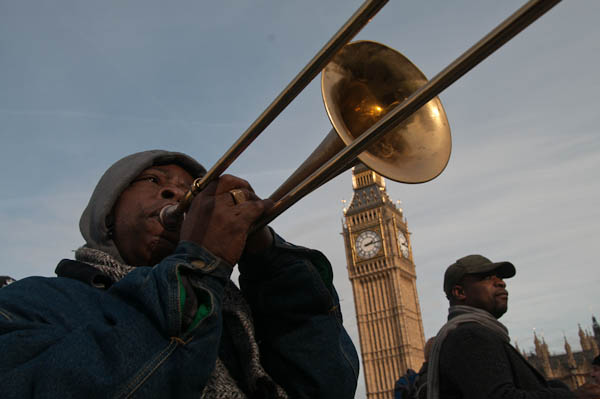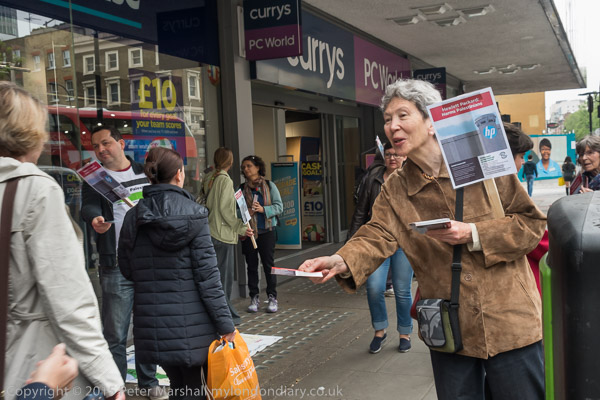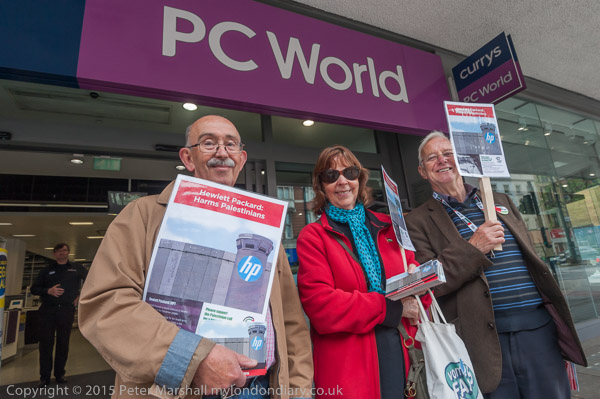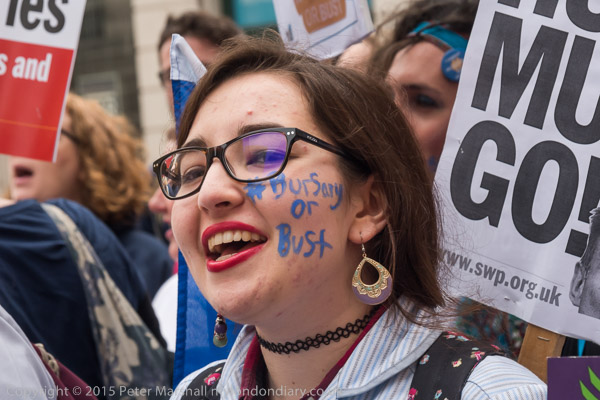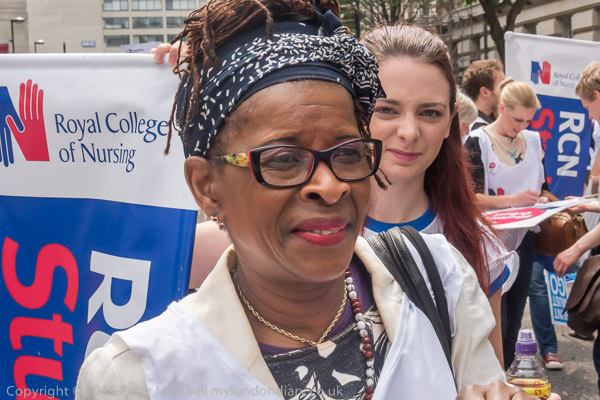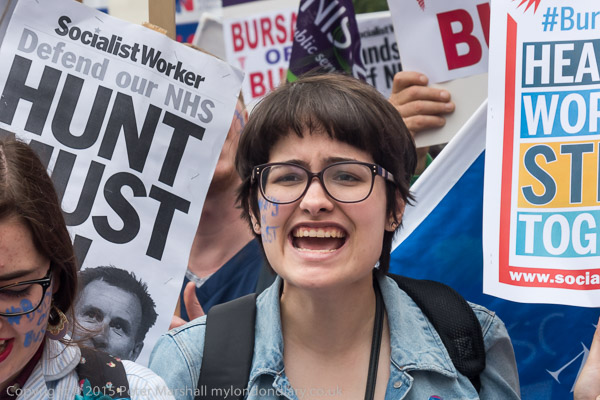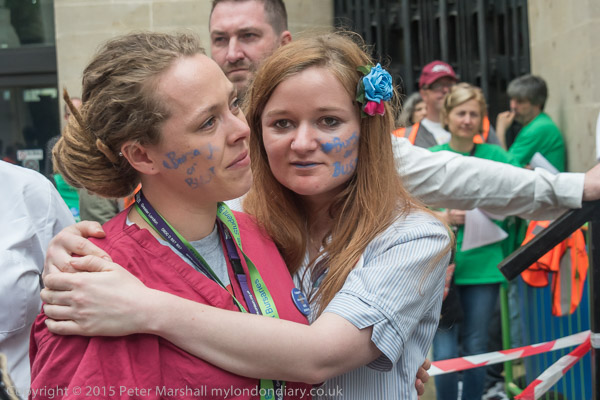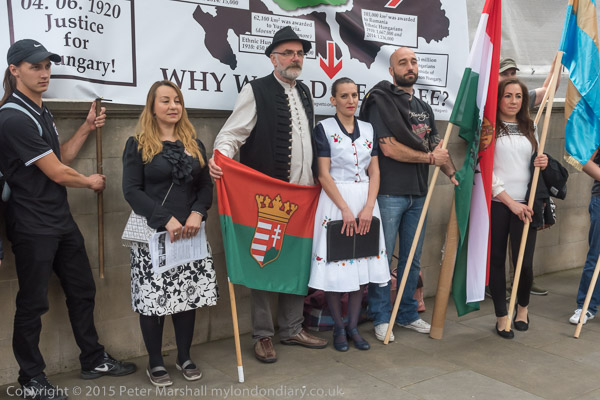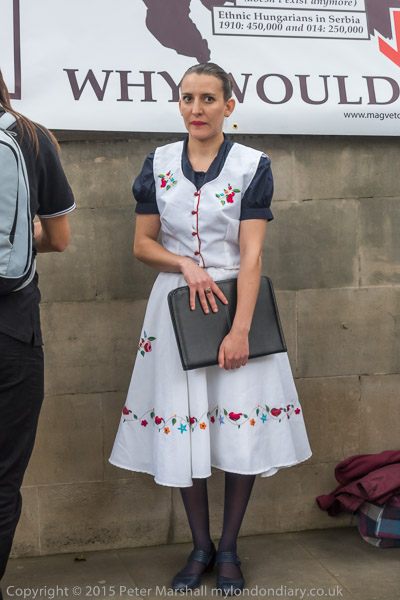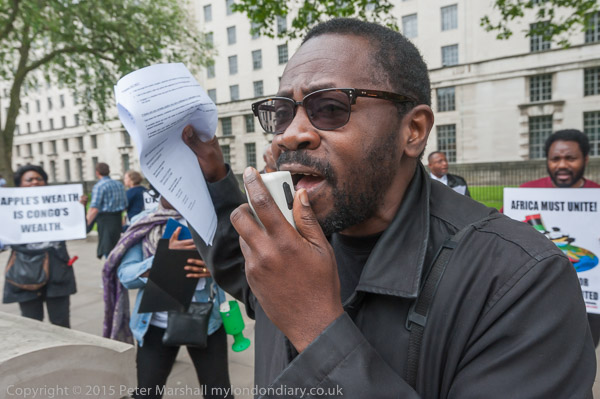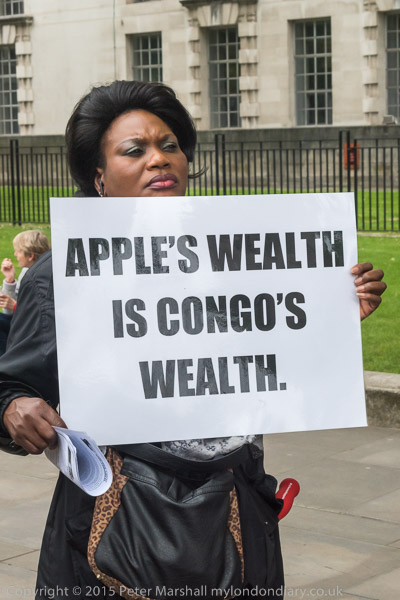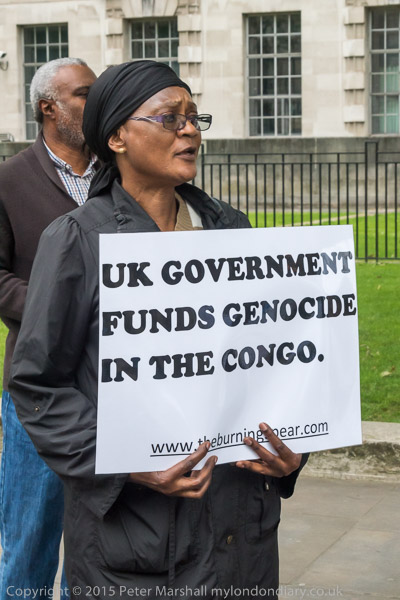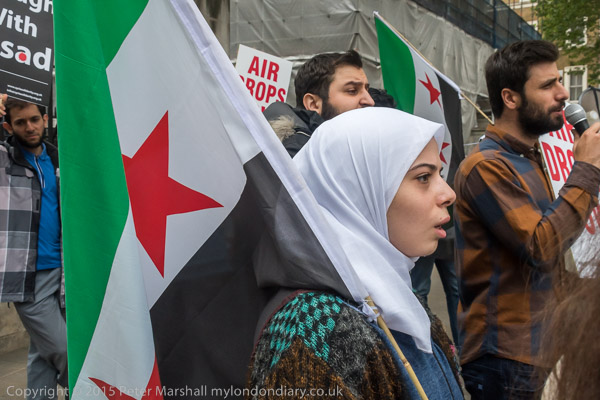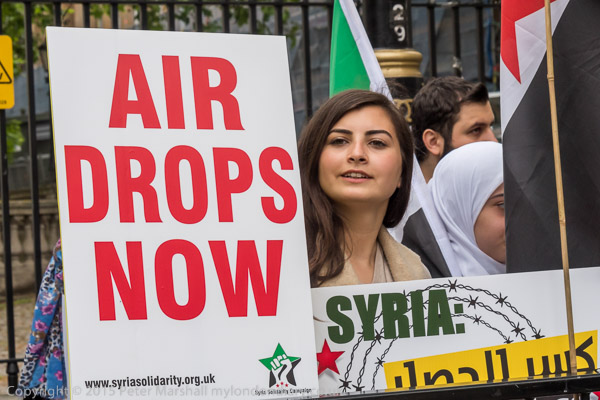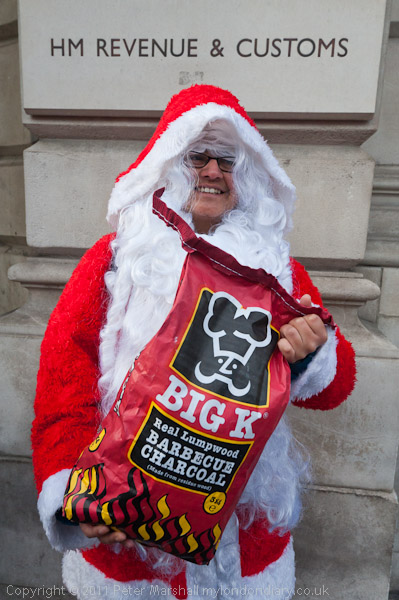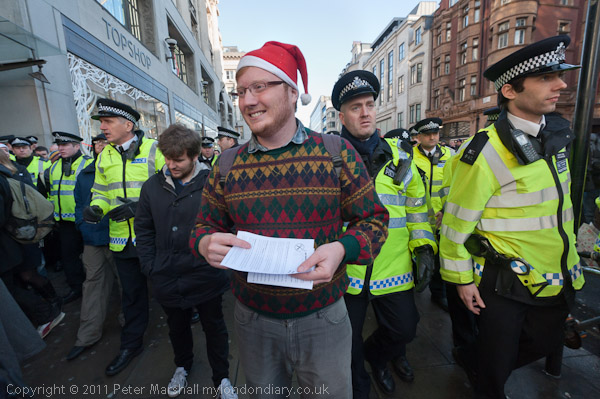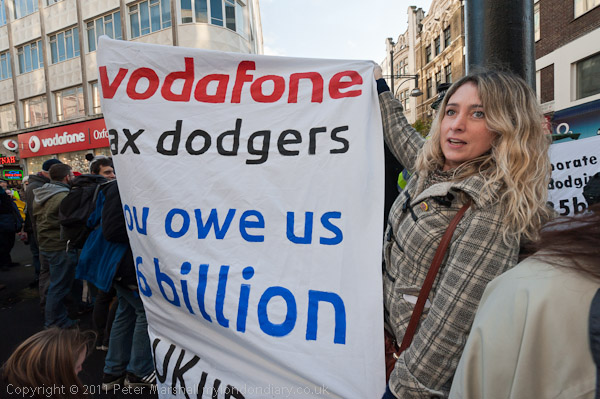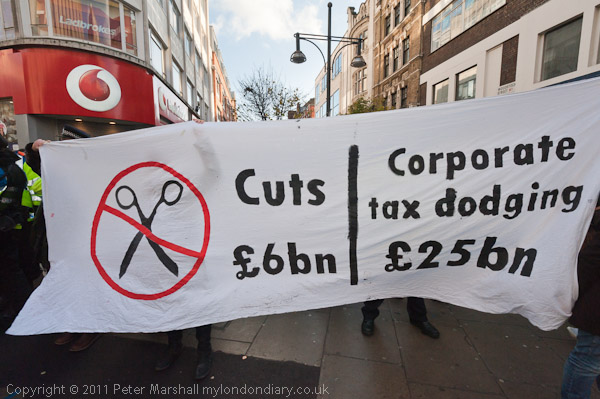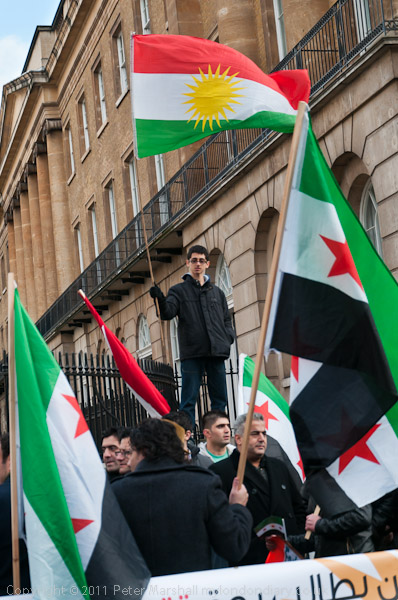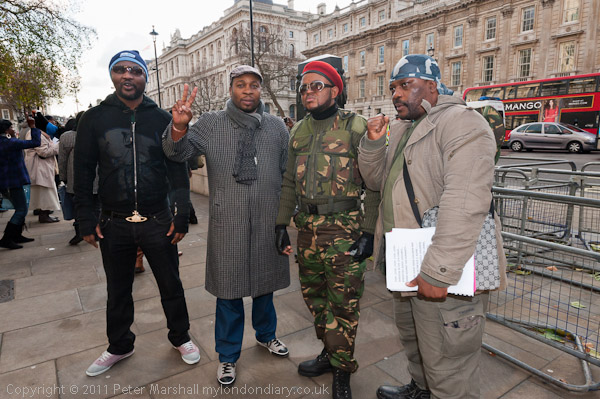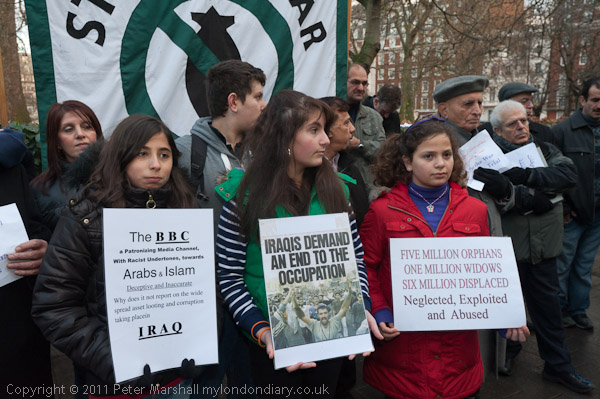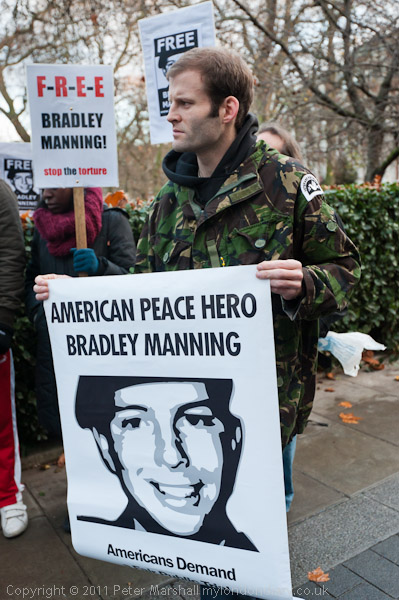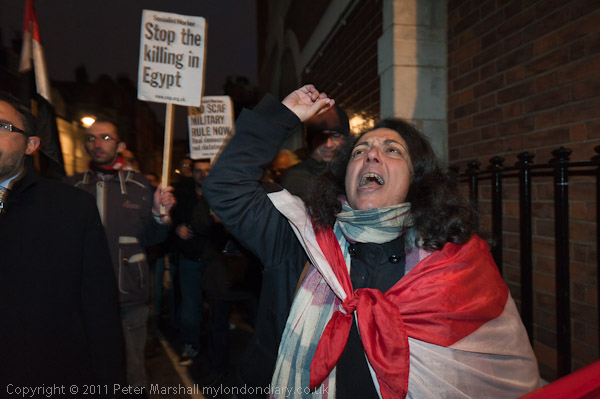Santas, Sardines & Earth Strike: On Saturday 14th December 2019 the Santas were on BMX bikes raising money for charity, Italians were supporting a spontaneous Italian anti-fascist movement and Earth Strike, a small group of anti-capitalist and anti-imperialists against environmental destruction held their first protest in Brixton.
Santas BMX Life Charity Ride
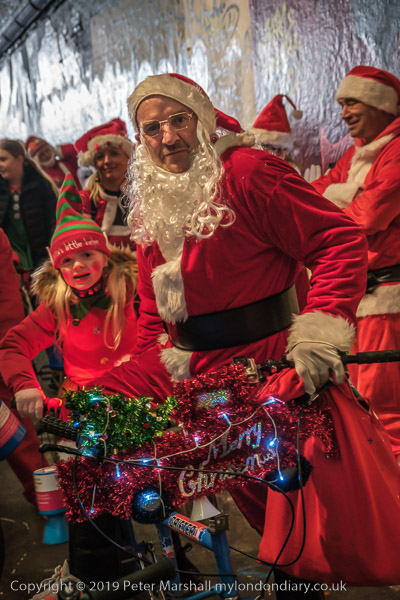
If you are in London today look out for the 10th BMX Life’s Santa Cruise riding around the capital in a charity ride raising money for the Evelina Children’s Heart Organisation, ECHO. There is a link for donations on the page linked.
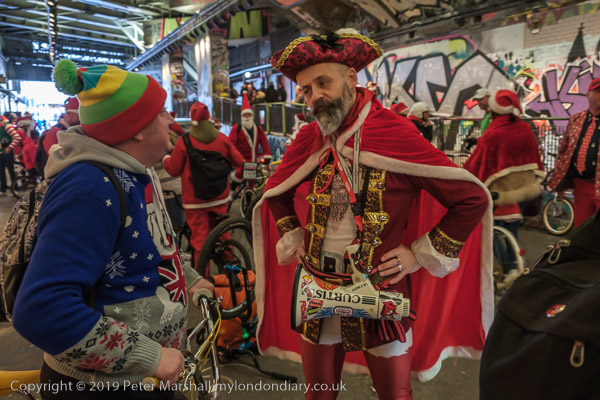
The ride begins as it did five years ago in the graffiti tunnel under Waterloo Station and 10.30am and the dress code is Santa, Elf, Snowman,Christmas Tree or Reindeer.
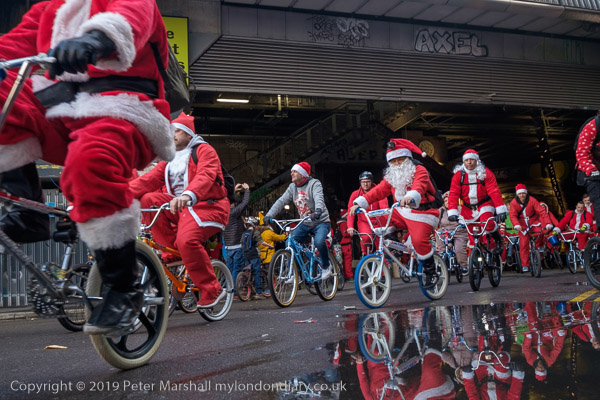
So far by these rides and a number of raffles BMX Life have raised over £180,000 for ECHO and they hope that this year’s ride will be bigger than ever. When I took these pictures in 2019 there were around 700 riders.
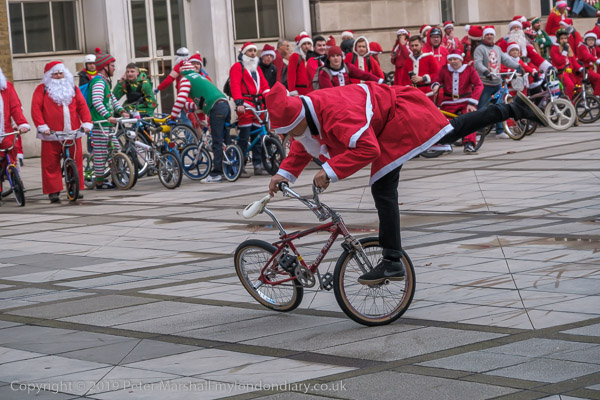
From Leake St they moved off to Forum Magnum Square where some santas demonstrated their riding skills before the group left to ride around London.
More pictures on My London Diary at Santas BMX Life Charity Ride
‘6000 Sardines’ London protest – Parliament Square
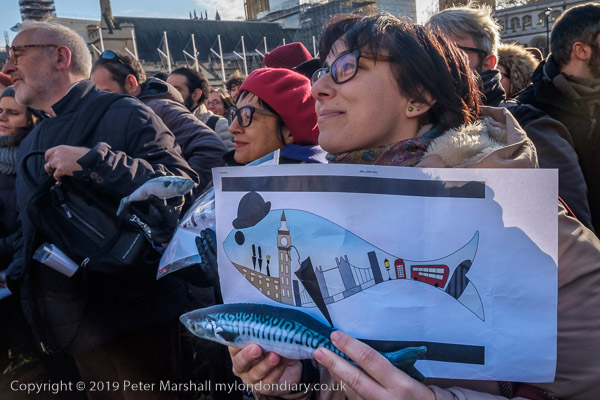
The Sardines movement was a grass roots political movement which began in Italy in November 2019 after a flash mob in Bologna opposing right-wing leader Matteo Salvini packed the main square in Bologna “like sardines”.

People were appalled at the rise of Salvini because of his anti-immigrant policies, hate speech and Euroscepticism and the movement prompted other ‘sardine’ protests across Italy and by Italians elsewhere, with demonstrations, flash mobs and online actions.

14th December was declared ‘Global Sardine Day’, with similar rallies across Europe and in the USA as well as in many towns and cities in Italy. All of the speeches while I was at the event were in Italian.

The movement ended with the elections in January 2020 in the Bologna region of northern Italy, which resulted in a resounding victory for the centre-left who almost doubled the vote they had received five years earlier.
More pictures ‘6000 Sardines’ London protest.
Earth Strike South London – Brixton
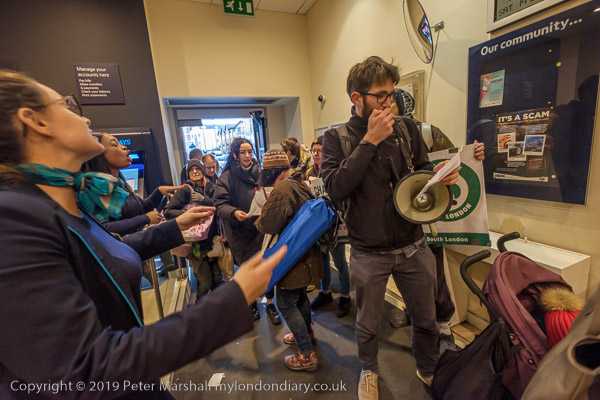
The protest by Earth Strike South London began ther protest against environmental destruction with speeches and handing out fliers at a street stall on the corner of Coldharbour Lane and Brixton Rd, where members of the Revolutionary Communist Group taking part were also selling their newspaper.
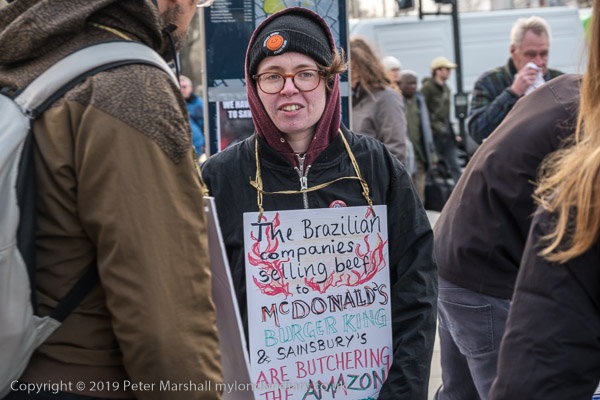
The fliers pointed out that many companies who trade on our high streets are still making a huge contribution to global warming and environmental destruction and they went on to march up Brixton Road stopping for speeches and to protest at some of the major culprits.
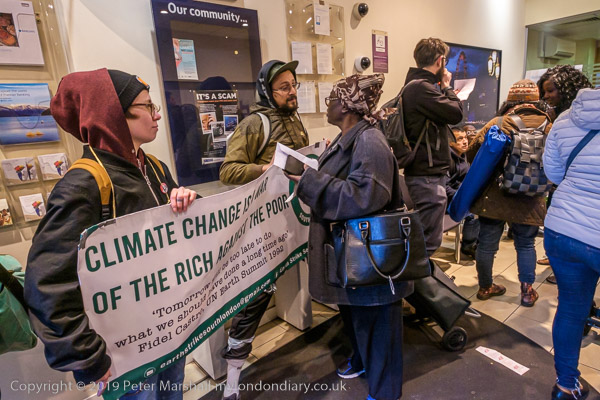
They began by going into Barclays Bank who still have huge investments in fossil fuels and are major backers of fracking in the UK. They ignored bank staff who told them they could not protest inside but handed out leaflets and made a speech about the bank’s activities before leaving after a few minutes.
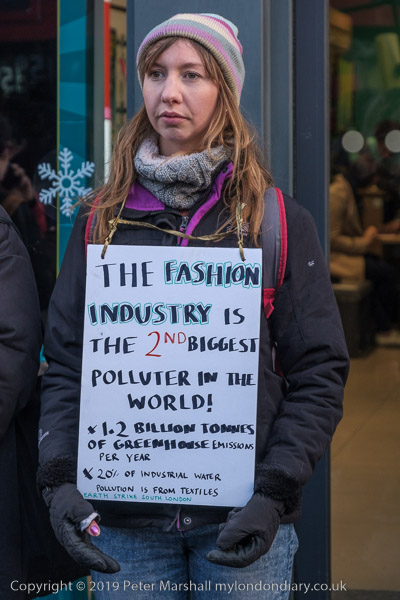
Next stop was H&M where they pointed out he fashion industry is the second largest producer of greenhouse gases, emitting 1.2 billion tons a year and textile manufacture creates 20% of all water pollution. They stood outside and ignored a security man who told them to go away.
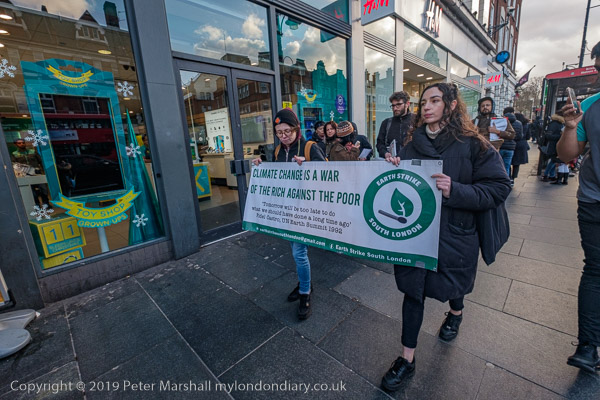
A couple of police officers arrived and talked to the protesters who assured them that their protest would be peaceful. The officers then went away.
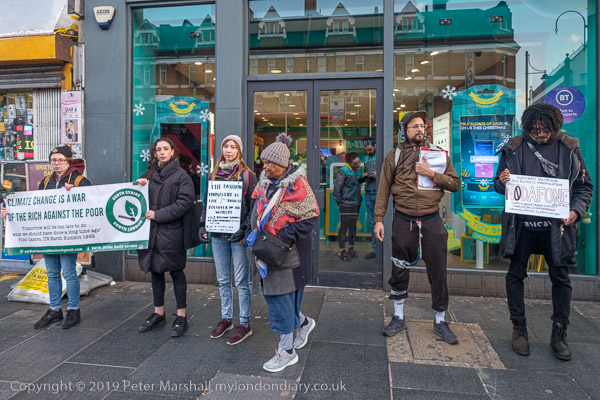
The protesters moved on to EE where they pointed out mobile phones and other similar electronic produces all need minerals such as Coltan, and the fight for these is behind the horrific wars that have taken place in the Congo region. Mining companies are also huge exploiters of African labour, create large amounts of pollution. lay huge areas to waste and evade taxes on a huge scale.
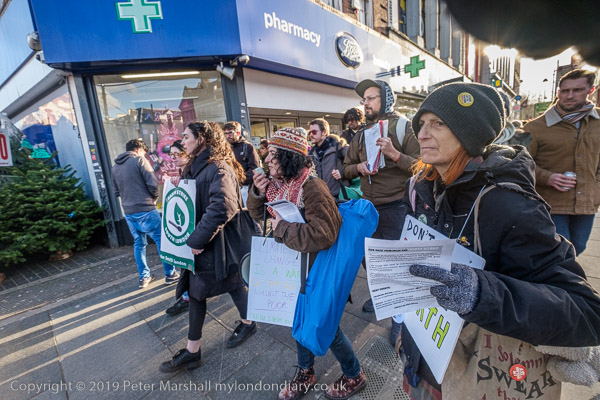
Further along the road they stopped briefly to point out that Boots avoids paying taxes in the UK, cheats the NHS and sells palm oil products made by clearing forests, destroying ecosystems. They make huge profits from the NHS, and are said to have charged charged them £1500 for pots of cream they sell for £2, as well as selling palm oil products grown on land cleared from ancient forests, disrupting ecosystems and resulting in the loss of species including orangutans.
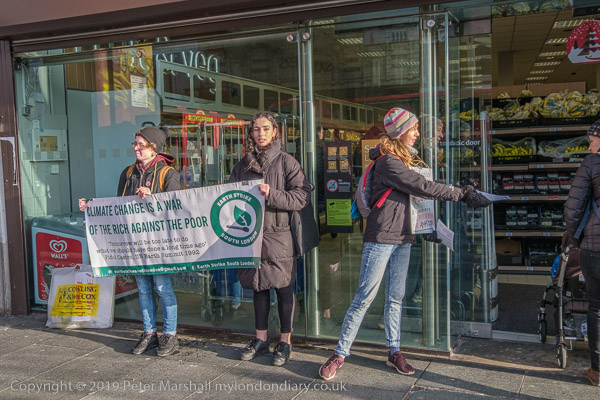
At Sainsbury’s they reminded customers that it sells many products that harm the environment and lead to global warming, including beef that comes from ranches made by burning the Amazon Forest, destroying ecosystems and displacing indigenous tribes.
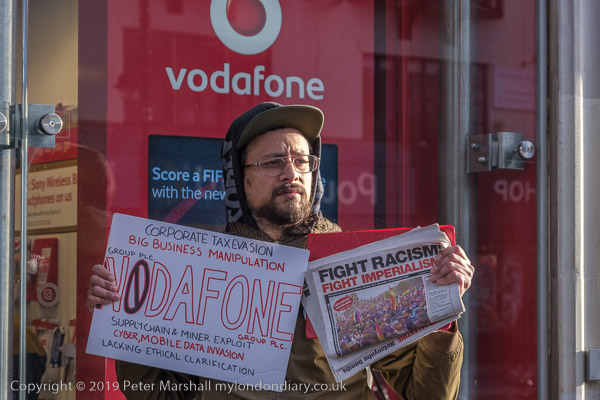
They held another protest outside Vodaphone, also a tax avoider and as well reliant on those minerals fuelling wars in central Africa before walking on to Brixton Police station.
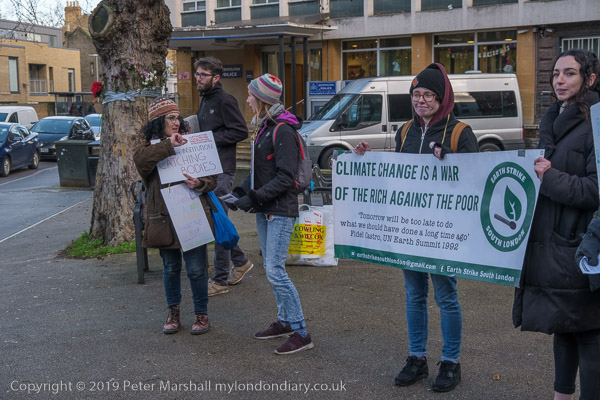
Here they held a brief vigil for those killed by police in Brixton, including Ricky Bishop and Sean Rigg who was beaten to death inside the police station in 2008.
I left the group here as they were to continue their protest at shops on the opposite side of Brixton Road.
More pictures at Earth Strike South London.
Flickr – Facebook – My London Diary – Hull Photos – Lea Valley – Paris
London’s Industrial Heritage – London Photos
All photographs on this page are copyright © Peter Marshall.
Contact me to buy prints or licence to reproduce.
